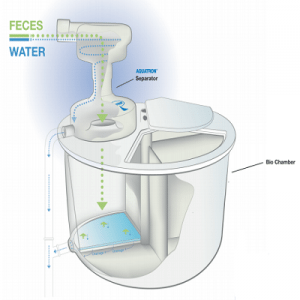
Agriculture
July 2, 2024
Aquatron Eco Toilet System
Read SolutionImplemented by
Aquatron
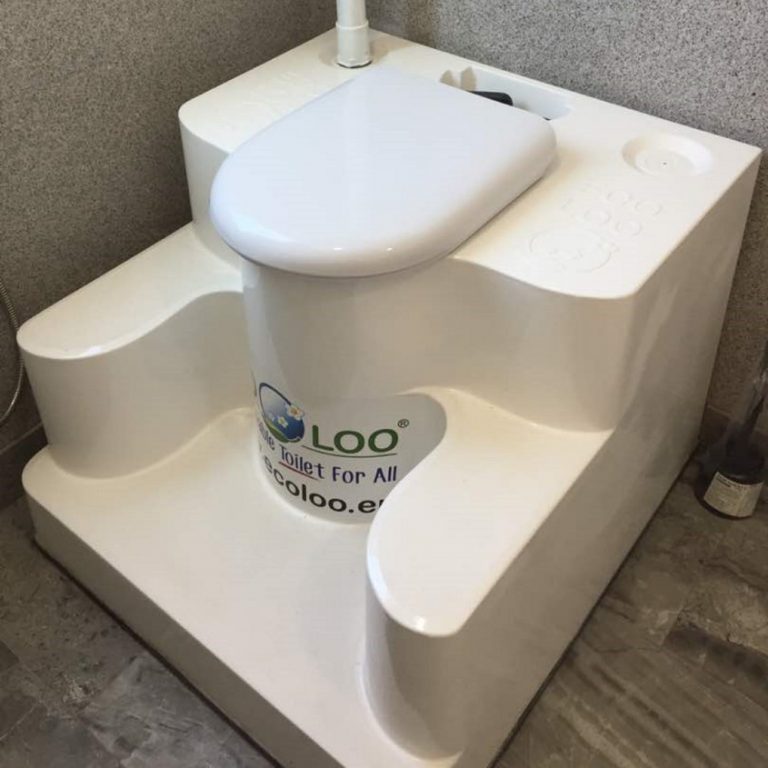
Updated on August 16, 2024
·Created on October 11, 2021
A waterless, decentralized, biological toilet system capable of producing organic fertilizer.
The ECOLOO is a decentralized, biological toilet system that is high capacity, odor-free, water-free, sewage-free, energy-free, and chemical-free capable of producing organic fertilizer.
The ECO BASIC model can be adapted for both indoor and outdoor use. There are several models available which are suitable for various permanent or temporary settings like homes (ECO DELUXE), schools (ECO BASIC and ECO CLASSIC), or disaster relief (ECO TENT). Each ECOLOO system includes a one-year supply of bacterial culture, ventilation fan, ventilation pipe, toilet seat, toilet lid, dry flush, and starter bed pack.
The cost per unit ranges from 1,500 to 3,000 USD, depending on the model and the accessories required. Interview with representative in 2021 Additional recurring annual cost of 60 – 120 USD per box for a one-year supply of bacterial culture.
Target SDGs
SDG 6: Clean Water and Sanitation
Market Suggested Retail Price
$3,000.00
Target Users (Target Impact Group)
Household, Community, Public Sector Agencies
Distributors / Implementing Organizations
ECOLOO and local distributors in Saudi Arabia, Bahrain, Kuwait, United Arab Emirates, Oman, Jordan, Pakistan, Egypt, Lebanon, and Germany.
Competitive Landscape
Direct competitors include Mosan, Aquatron Eco Toilet System, Loowatt Toilet, Sun-Mar Excel NE Composting Toilet, Clivus Multrum composting toilet systems, Clean Team Toilet and Clean Team Toilet Waste Management Service, The TFP Composting Toilet, and Sanivation Container-Based Sanitation (CBS) Waste Collection Service.
Regions
Africa, Central Asia, East Asia, Europe, North America, South America, South Asia, Southeast Asia
Countries
Jordan, Kenya, Korea (South), Malaysia, Mongolia, Philippines, Portugal
Manufacturing/Building Method
Manufacturing is based in Malaysia and then exported to international customers. Interview with representative in 2021
Intellectural Property Type
Patent
User Provision Model
From ECOLOO and program partner distributors (Saudi Arabia, Bahrain, Kuwait, United Arab Emirates, Oman, Jordan, Pakistan, Egypt, Lebanon, and Germany)
Distributions to Date Status
As of 2020, 2,500 ECOLOO facilities have been installed.
Toilet type
Container-based service
Evacuation method
Dry flush
Storage conditions
2-tier container box storage
Capacity (L)
450 L for solids (upper box)
250 L for liquids (lower box)
Time until emptying
Several years or when full – vacuum out all treated solid waste (ashes).
Design Specifications
ECO BASIC model:
The system uses a dry flush, so water use is only required for diluting the urine by-product to produce the usable fertilizer and optional hygiene additions.
No energy is required but there is the option to include solar panels to assist with lighting.
The system relies on a decentralized biological treatment system using aerobic digestion which requires microbes to process the human waste. The bacterial cultures should be added monthly.
A 2-tier box is used where the upper box receives both urine and feces but contains good bacteria and an organic filter. The lower box contains the treated urine and is equipped with a special indicator and outlet for the user to drain the fertilizer. Urine undergoes nitrification and is transformed into organic fertilizer that can be sold and used for agricultural applications. These processes happen within the ECOLOO systems, therefore, requiring no additional treatment. The bacteria break down the solid waste within 4-7 days and the production of the liquid fertilizer can be achieved within 1-2 hours which the concentrated product must then be diluted with water at a 1:10 dilution ratio.
The ECO CLASSIC model includes a structure to place over the ECO BASIC model. The structure can be easily assembled and is made up of light composite insulated panels that include a door and roof. The dimensions of the structure are 1100 mm (W) x 2200 mm (H) x 1350 mm (L).
Technical Support
From nearest local distributors.
Replacement Components
60 - 120 USD per box for a one-year supply of bacterial culture.
Lifecycle
Decades
Manufacturer Specified Performance Parameters
Social benefits:
Environmental benefits:
Vetted Performance Status
ECOLOO is in compliance with World Bank and UNDP Standards. The Analysis report shows the results from various locations and organizations of the product testing and effluent analysis, which meet the NEMA and the World Bank standards. ECOLOO products (including the bacterial cultures and fertilizer by-products) have been fully tested and certified in various countries for both human health and environmental risks. The bacterial culture comes with a Material Safety Data Sheet (MSDS) which has been approved by microbial experts in the USA. Overall, the toilet systems have performed as expected when used properly and the FRP material has been durable throughout all kinds of weather condintions. Issues arise only from misuse when the addition of chemicals/detergents are added which affect the bacterial cultures. Interview with representative in 2021
Safety
Possible hazards include unsanitary latrine emptying or structural failure - the manufacturer suggests using gloves to reduce risk.
Complementary Technical Systems
Optional additions to the toilet structure include Mechanical Waste Cover, Solar Panel & Lighting, Hand bidet, Hand grab, Toilet Paper Holder, Hand Sanitizer, and Fertilizer Pump.
Academic Research and References
None
Compliance with regulations
ECOLOO is in compliance with NEMA and World Bank Standards.
Evaluation methods
The product is evaluated for removal of pathogens.
Other Information

Agriculture
July 2, 2024
Implemented by
Aquatron
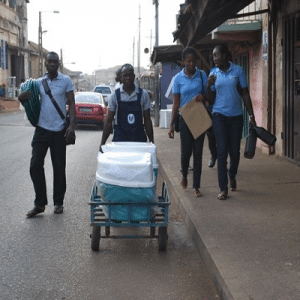
Agriculture
January 19, 2024
Implemented by
Clean Team Ghana
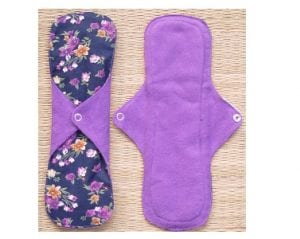
Agriculture
December 18, 2023
Implemented by
Eco Femme
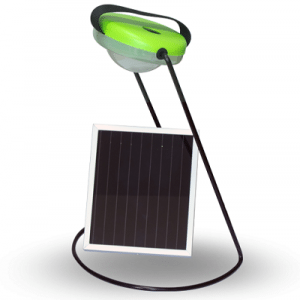
Agriculture
December 17, 2024
Implemented by
Sun King
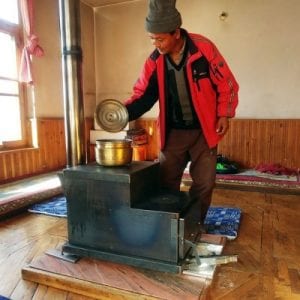
Agriculture
December 28, 2024
Implemented by
Himalayan Rocket Stove Pvt. Ltd.
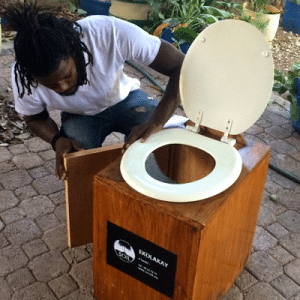
Agriculture
December 20, 2023
Implemented by
SOIL Haiti
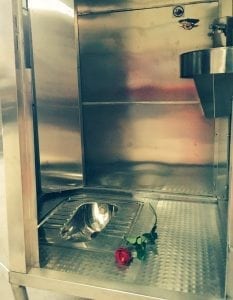
Agriculture
December 20, 2023
Implemented by
GARV Toilets
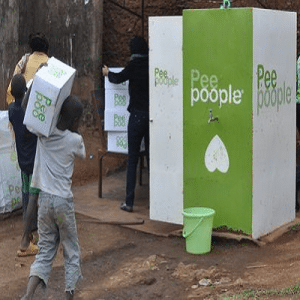
Agriculture
August 17, 2024
Implemented by
Peepoople Kenya
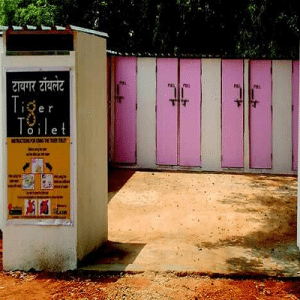
Agriculture
January 17, 2024
Implemented by
Easol Pvt Ldt
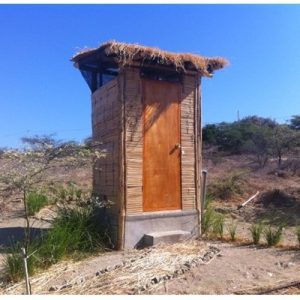
Agriculture
August 16, 2024
Implemented by
EcoSwell
Have thoughts on how we can improve?
Give Us Feedback